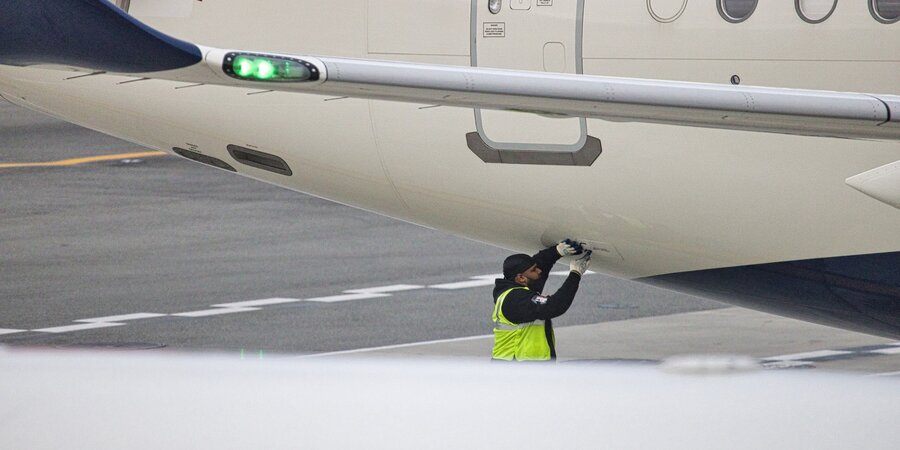Aviation Law
January 16th, 2022
Such an event affecting about half of all existing aircrafts and therefore a significant proportion of the fleet cannot be regarded as part of normal operation of an airline. Where a technical defect of one aircraft gives rise to an investigation of all aircrafts of that type, these aircrafts have to be inspected immediately. The operating air carrier cannot, in principle, be expected to wait and accept any risks for the safety of passengers in order to avoid delays and cancellations.
In this case a well known German claim management company claimed on behalf of passengers for compensation under Art. 7 subs. 1 lit a) and Art. 5 subs. 1 lit c) Reg (EC) 261/2004. These passengers booked a flight from Cape Town via Zurich to Stuttgart on 15 October 2019. The defendant was the operating carrier for the leg Zurich to Stuttgart. This flight was cancelled and pax arrived in Stuttgart with an alternative flight and a delay of 8 hours. The reason for the cancellation was the grounding of 28 aircrafts of the airline’s Airbus A220 fleet due to technical problems with the engines. The background to this was an instruction issued by the US Federal Aviation Authority on 26 September 2019 to carry out inspections on aircrafts of this type after a certain number of flight cycles and – in addition – an engine failure of one aircraft on 15 October 2019. The airline acted immediately and grounded all of its affected aircrafts for short and medium range flights for an unscheduled inspection. This was about half of the entire fleet. The senate of the court reiterated that technical defects that typically occur during operation of an aircraft do not qualify as extraordinary circumstances. However, where a technical defect leads to the fact that the operation of one or several airlines comes to a complete or partial halt, this cannot be regarded as a normal exercise of an airline’s operation (see BGH Judgment 4 June 2019, file no X ZR 22/18; BGH Judgement 15 January 2019, file no X ZR 15/18). This does also apply in this special case where half of the fleet was grounded due to an unscheduled inspection. The court held that this situation typically leads to major disruptions for an airline. It is irrelevant if this type of disruption is caused by a manufacturing defect based on specific construction material or by a software update. In both categories the airline has to deal with technical defects leading to major disruption of operation which is outside the normal course of business. Due to the fact that on the day of the flight in question an engine failure was detected at an aircraft of the same type, the defendant had sufficient reasons to exercise its discretion to the extend as to ground the affected aircrafts immediately in order to prevent any risk for other passengers flying with these type of aircrafts. The court very clearly points out that defendant was not obliged to wait with the inspections of single aircrafts to avoid delays or cancellation and to accept risks for the safety of passengers.
With respect to reasonable measures to prevent the late arrival of pax, it was clear for the court that with the rebooking of pax on a flight to Stuttgart on the next day the airline complied with the rules of Reg. (EC) 261/2004 and the interpretation of the ECJ. A re-routing of passengers on the same day was not possible due to the curfew at Stuttgart airport. Interesting enough the court does not consider any alternative modes of transport – such as a train connection. It does not even mention this aspect.
And finally the BGH does not see any reason to submit this case to the ECJ. In view of the judges the question if a technical defect is due to an event that is part of normal operation of the airline has to be decided by the national courts. It is a factual question of the individual case and not a question on the interpretation of Reg. (EC) 261/2004.
This is a very clear statement of the BGH: safety of passengers comes first even if this leads to delays and cancellations. This is a clear priority and it might be added that this is the red line when it comes to compensation claims for delays and cancellations.
Sources
Supreme Court of Justice, 10.11.2022, file X ZR 117/21



